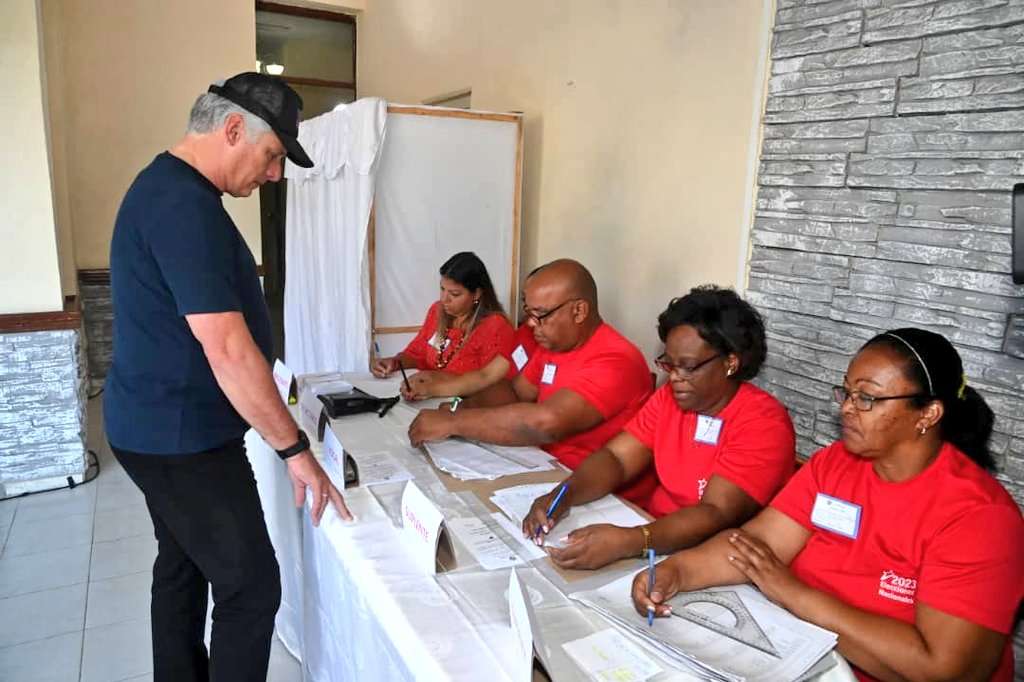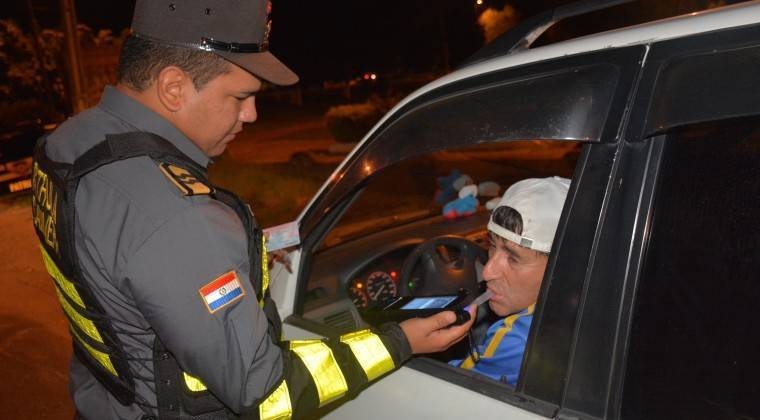President Miguel Diaz-Canel He was convinced this Sunday after voting in the parliamentary elections that the abstention, which he linked to the economic crisis, will not be a majority.
“Some may put the difficult economic situation (of the country) ahead of the will to vote. I do not think they are the most because (this) has not been the only time with difficulties, with economic complexities,” he said in statements to the press in the city of Santa Clara, where he is from and for which he is a candidate for deputy. .
Díaz-Canel considered that the majority of the Cuban population is aware of “this difficult economic situation” and pointed out that his government’s priorities are to resolve the crisis, promote the legislative exercise and give continuity to the demands of the population, reports the agency EFE.
«When you come here, you come to exercise a conscious exercise, the people are exercising a citizen’s right. We are defending the future from the present, to the revolution and socialism”, he maintained.
Until 11:00 in the morning, participation in the vote amounted to 41.66% of the electoral census —more than 3.38 million voters out of a total of 8.12 million—, according to what was reported by the Electoral Council National (CEN).
It is almost 4 percentage points less than in 2018, he refers EFEwhich also points out that said percentage is slightly higher than that reported at this point in the November municipal elections (3.17 points more) and than in the Family Code referendum in September (4.63 points higher).
The secretary of the National Electoral Council (CEN), María Esther Bacallao, stated at a press conference that the day had taken place “without major incidents that have paralyzed the normal flow of the process.”
National Elections
Closing data: 11:00 am
? Voted: 3 382 992
?Percent: 41.66%
?Electoral register: 8 120 072 #YoVotoXTodos pic.twitter.com/RYmunnp4Uk
— Presidency Cuba ?? (@PresidenciaCuba) March 26, 2023
For his part, Díaz-Canel also expressed his “full confidence” in the results of the parliamentary elections and called for “unity and dialogue” of all of society, the Spanish media pointed out.
When asked about the large migratory flow generated on the island, Díaz-Canel said that Cuba “is not exempt” from the global migratory phenomenon and said that “generally anywhere in the world (migration) is made up of young people trying to find new opportunities and many find themselves with very complex situations and suffer frustrations”, he added.
He commented that among the migrants women of reproductive age are also leaving, which he considered “very important because the demographic dynamics” of the country changes and he recognized that qualified labor is leaving that way, but he believes that “an important part will return.”
Díaz-Canel pointed out that the new Assembly has among its challenges to restructure its work system and relationship between the deputies and the population, and to advance in the legislative schedule.
The proposed candidacy for this electoral process “is a photograph or video of our society in which all sectors are represented, and that gives it strength,” said the president.
Díaz-Canel and Raúl Castro proposed as deputies of the new parliament
In these elections, 470 candidates are running, for 470 positions, for the tenth Legislature of the National Assembly, the highest Cuban legislative body, for a period of 5 years, recalls EFE.
These elections are a key step in the institutional renewal of the country, which began with the local elections in November and will culminate in the appointment of the country’s president. For this position, Díaz-Canel must be re-elected, who would thus reach his second term, after his first election in 2018.
The Cuban Government, the Communist Party and the institutions and media of the State have urged citizens in recent weeks to vote en bloc for all the proposed candidates, while the opposition, inside and outside the island, has advocated for the abstention in rejection of the Cuban political system.
After abstention figures below 10% between 1976 and 2013, the rate rose to 14% in the 2018 parliamentary elections, the last comparable elections held in Cuba, reports the Spanish agency.
The two previous times that Cubans went to the polls were in the referendum on the Family Code, last September, when abstention was close to 26%, and in the November municipal elections, where it rose to 31%, an all-time high.
EFE / OnCuba






